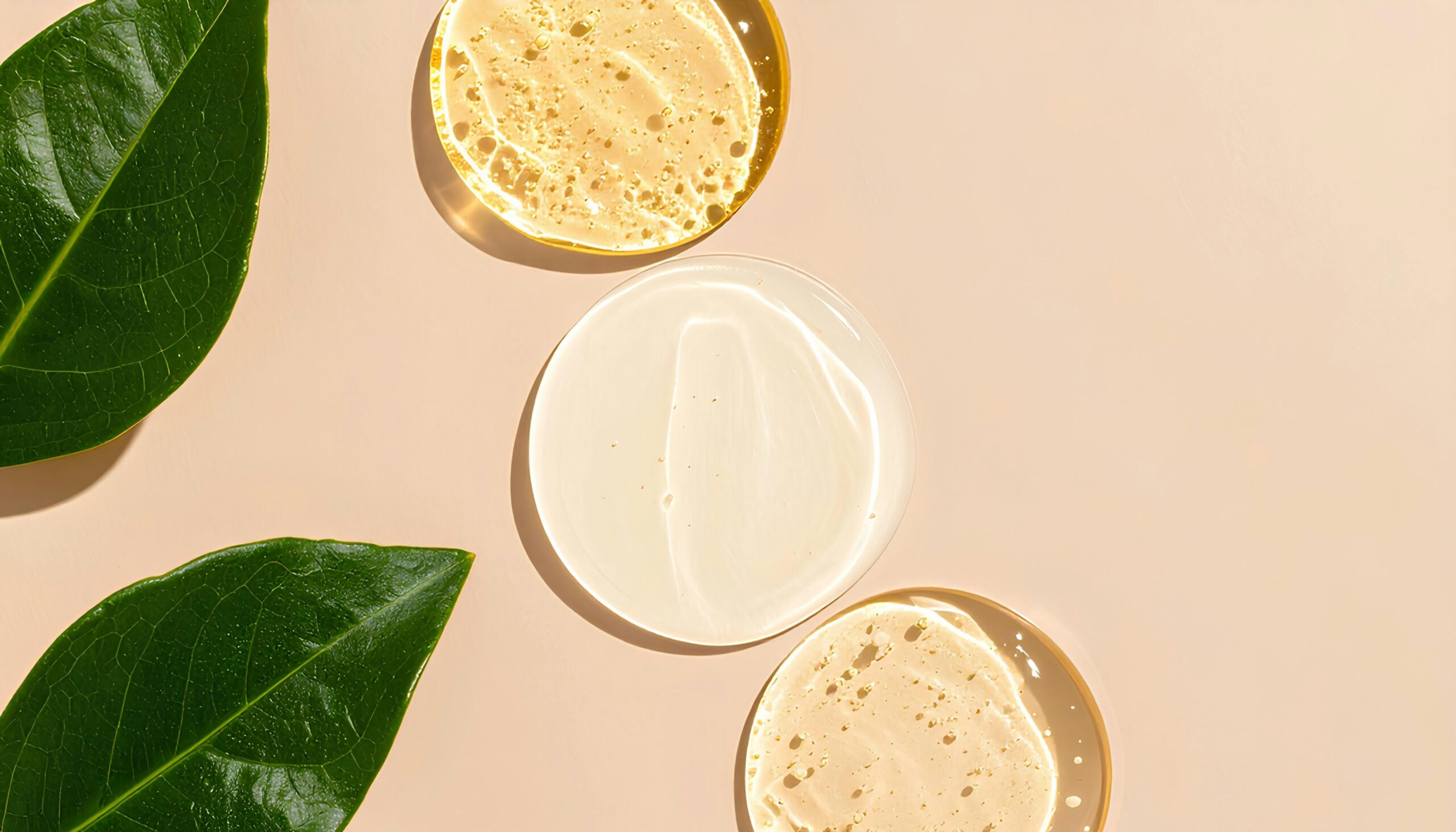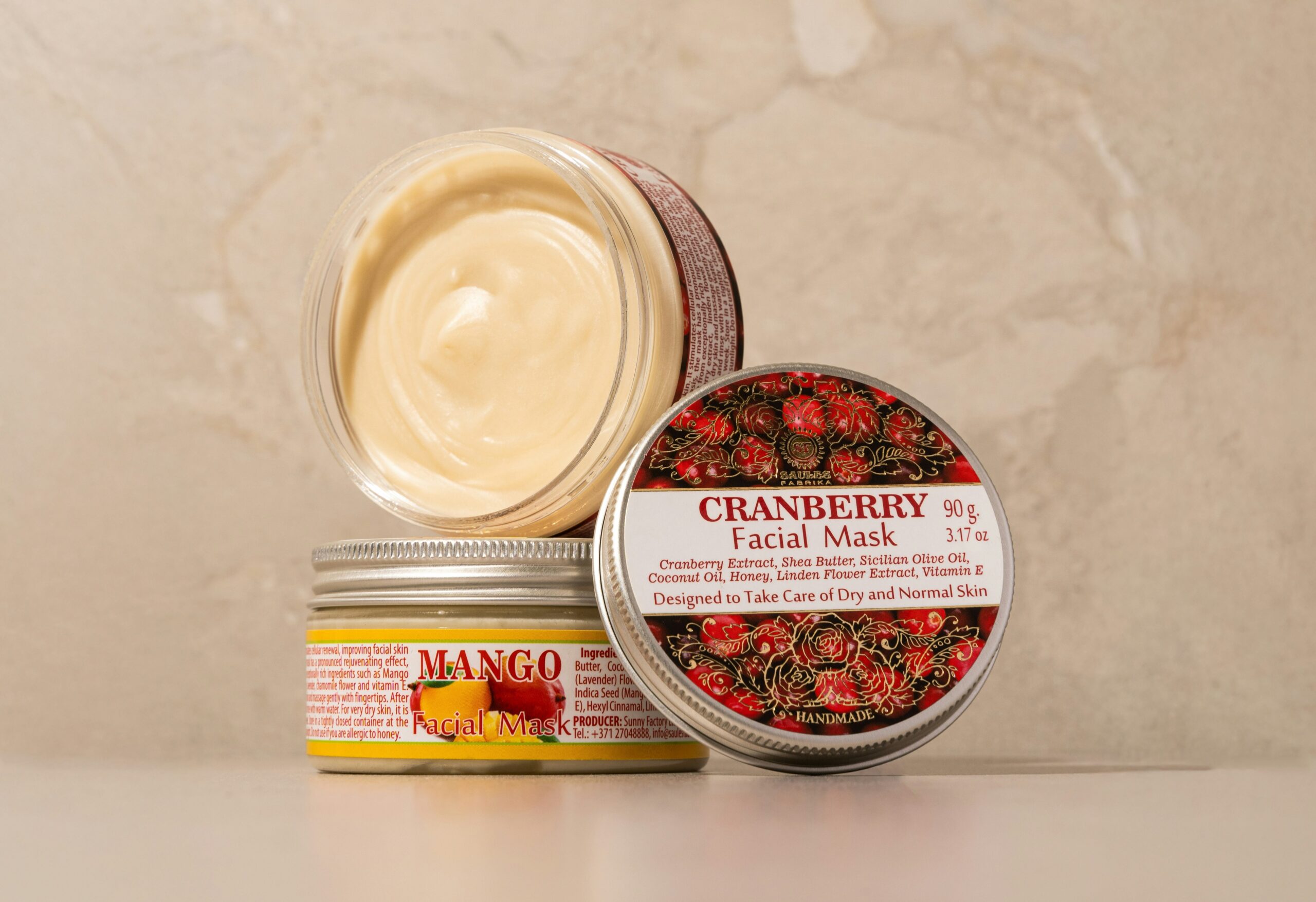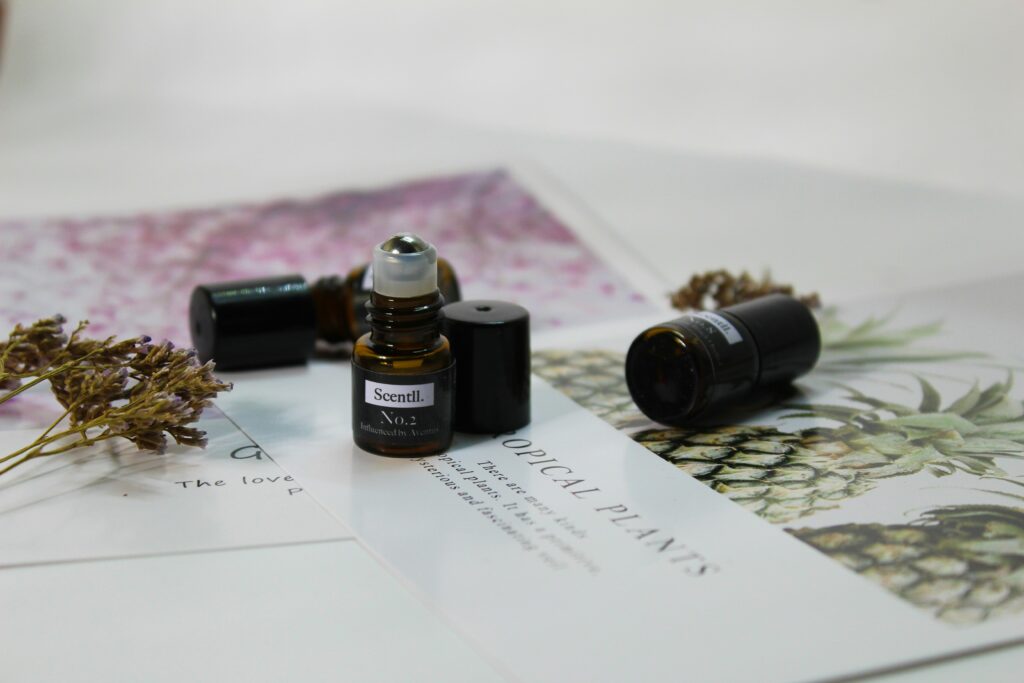Have you ever looked in the mirror after a long day and thought, “If only my skin could repair itself like it used to”? If so, you’re not alone. With pollution, stress, and harsh skincare products assaulting our delicate skin barriers daily, finding effective solutions feels overwhelming. Enter organic moisturizers. These natural powerhouses promise repairing effects without chemicals—but are they worth the hype?
In this post, we’ll unpack everything about organic moisturizers: why your skin craves them, how they work their magic, and whether they live up to the promises of glowing, healthy skin.
Table of Contents
- Key Takeaways
- The Problem with Modern Skincare
- How Organic Moisturizers Repair Your Skin
- Best Practices for Using Organic Moisturizers
- Success Stories: Real Results from Real People
- FAQ About Organic Moisturizers
- Conclusion: Wrapping It Up
Key Takeaways
- Organic moisturizers harness natural ingredients to deliver repairing effects without synthetic additives.
- Achieving optimal results requires understanding your skin type and proper application techniques.
- Switching to an organic routine can reduce irritation and support long-term skin health.
The Problem with Modern Skincare

Optimist You says, “There’s no shortage of skincare options on store shelves!” But Grumpy You knows better—most mainstream moisturizers are packed with parabens, sulfates, and silicones that might give short-term results but wreak havoc over time.
One confessional fail? I once bought a high-end moisturizer loaded with fragrance because it smelled heavenly. Two weeks later, my face was red, flaky, and screaming SOS. Turns out, those fancy perfumes were anything but kind to sensitive skin. Lesson learned: what smells good doesn’t always do good.
This brings us to our next point: why go organic?
How Organic Moisturizers Repair Your Skin
To understand the repairing effects of organic moisturizers, let’s zoom into some science (don’t worry—it won’t hurt).
At the heart of these formulations lies plant-derived goodness like shea butter, aloe vera, rosehip oil, and jojoba. Shea butter, for instance, is rich in fatty acids and vitamins A and E, which deeply nourish and protect the skin barrier. Likewise, rosehip oil contains antioxidants that fight free radicals caused by environmental aggressors.
Here’s where things get juicy:
- Hydration Without Heavy Lifters: Unlike silicone-laden alternatives, organic moisturizers don’t just sit atop your skin—they actually penetrate and hydrate at deeper levels.
- Gentle Yet Effective: Free from irritants like alcohol or artificial fragrances, these products cater even to sensitive skin types. Think of it as treating your face to a spa day every night.
- Sustainability Meets Skincare: Supporting brands using sustainable sourcing methods means fewer toxins in your body—and the planet.
Rant Moment: Why Greenwashing Pisses Me Off
Let’s call out greenwashing—the sneaky practice of slapping “natural” labels on products filled with questionable ingredients. Reading labels still matters, folks. Don’t fall for buzzwords!
Best Practices for Using Organic Moisturizers

Using organic moisturizers effectively takes more than slathering product willy-nilly. Let’s break it down:
- Cleanse First: Start with a gentle cleanser to remove dirt and prep your skin for absorption.
- Tone Wisely: Apply toner to balance pH levels before locking moisture in.
- Layer Strategically: Pat—not rub—your moisturizer onto damp skin to lock hydration.
- Consistency Counts: Results don’t happen overnight. Stick with your routine for at least 4-6 weeks to see real change.
Pro Tip: Avoid the “terrible tip” of mixing too many active ingredients. Pairing retinol with citrus-based serums while layering heavy creams? That’s recipe for disaster, aka irritated skin.
Success Stories: Real Results from Real People

Need proof? Sarah, a 35-year-old teacher from Chicago, shares her journey:
“I was skeptical when I switched to organic moisturizers. But within two months, my dry patches disappeared, and my complexion felt softer than ever. Plus, knowing I wasn’t exposing myself to harmful chemicals made me feel empowered!”
FAQ About Organic Moisturizers
Do organic moisturizers really outperform drugstore brands?
Yes—if chosen wisely. High-quality organics focus on nutrient-dense formulas tailored to specific needs, whereas mass-market options often prioritize shelf life over efficacy.
Are organic moisturizers safe during pregnancy?
Generally, yes! They lack harsh chemicals linked to hormone disruption. However, always consult your dermatologist first.
How much should I expect to pay?
Prices vary, but quality often reflects cost. Think of it as investing in both your skin and the environment.
Conclusion: Wrapping It Up
Choosing organic moisturizers isn’t just about jumping on a trend—it’s about prioritizing your skin’s well-being while respecting Mother Nature. By embracing products designed to offer repairing effects naturally, you’re taking steps toward healthier, happier skin.
So go ahead—treat yourself to something clean, green, and oh-so-glowy. And remember, skincare routines are like Tamagotchis: nurturing them daily keeps both you *and* your skin thriving.


